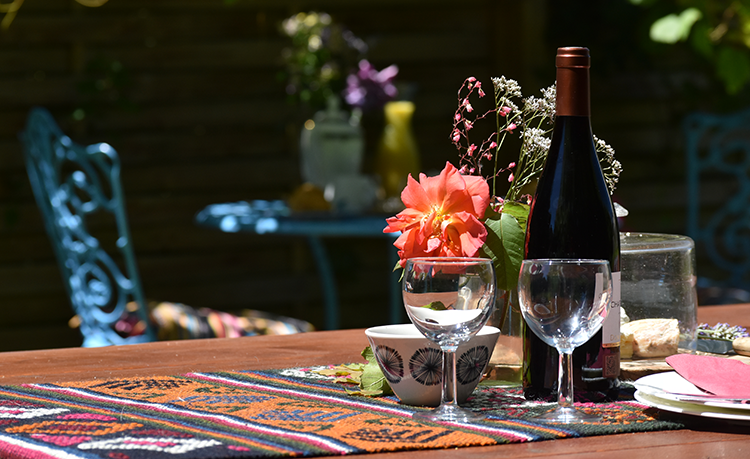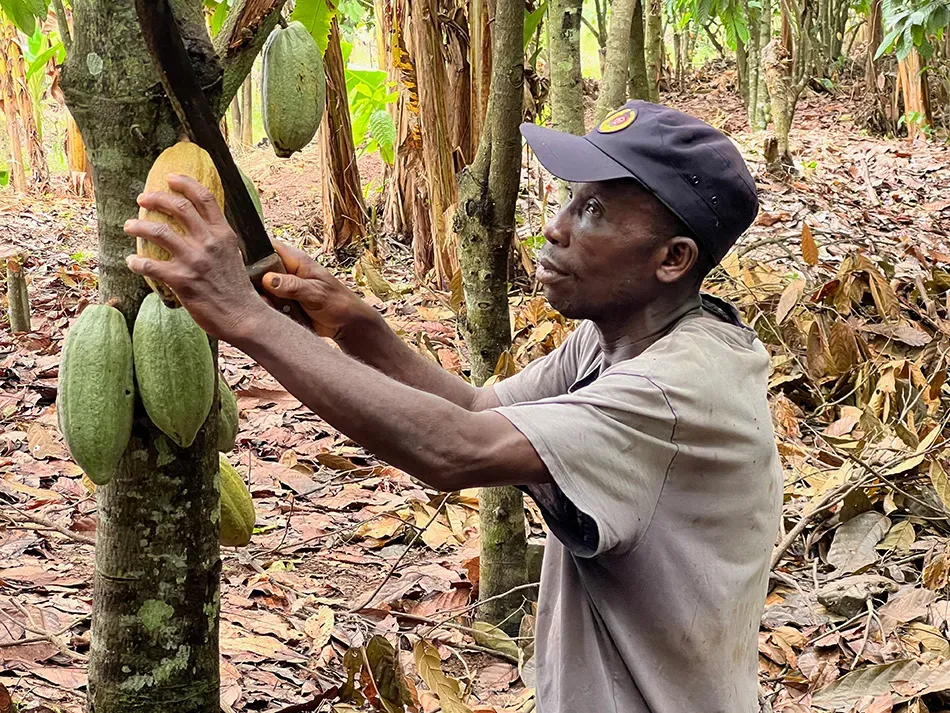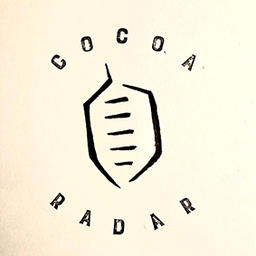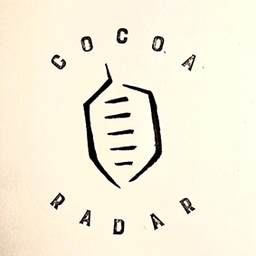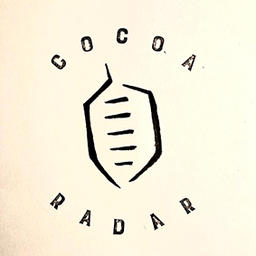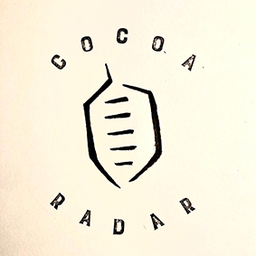The cocoa platforms in Cote d'Ivoire and Ghana say they are perplexed as to where Fairtrade got its figures from, “as they are so out of step with the reality on the ground in both countries”.
Not time to read? Premium members can listen to the audio version of this article with a bite-size summary. Click on the link below

The LIRP has been met with “astonishment of many members", the two organisations claim, leading to a joint statement released this week.
- Fairtrade International has responded to the claims in its own statement sent to cocoaradar.com - see below.
It said the Ivorian Platform for Sustainable Cocoa (PICD) and the Ghana Civil Society Cocoa Platform (GCCP) have been closely monitoring the LIRP update (released at the end of January 2025), which is a guide set by Fairtrade for the subsistence income of cocoa producers in Cote d'Ivoire and Ghana.
These prices, which serve as a benchmark for the cocoa and chocolate industry, represent, according to Fairtrade's concept, "the minimum price that a cocoa farming family should receive to obtain a subsistence income, that is, to be able to afford sufficient food, adequate housing, education, transport, and other basic necessities."
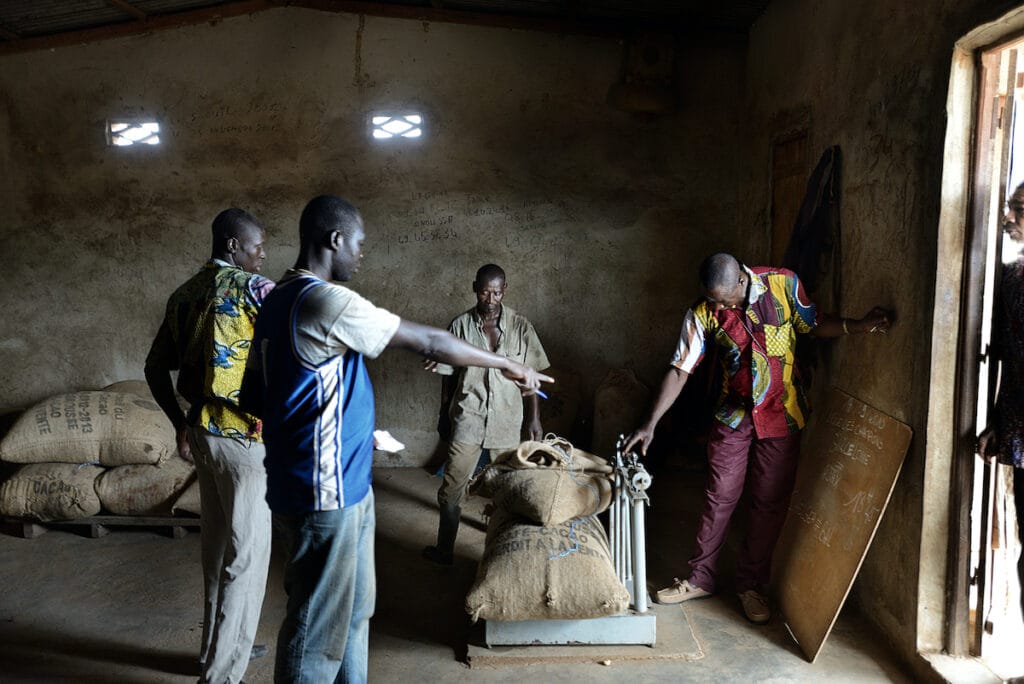
They say it is essential because this benchmark determines the positioning of many companies in the cocoa and chocolate industry in their commercial and working relationships with cocoa cooperatives and producers.
“It is, therefore, a subject of great importance for the future and living conditions of producers and their organizations, and the cooperatives.”
The joint statement said producer organizations and NGOs that are members of the cocoa platforms in Cote d'Ivoire and Ghana are surprised by the scope of the published results, "in particular the Fairtrade calculation bases.”
Target yields
According to Fairtrade's arguments, ‘the target yields of 600 kg/ha for Ghana and 800 kg/ha for Cote d'Ivoire are two-year projections (...). The target yield in Ghana has been reduced by 25% to reflect the current lower productivity levels in this country compared to Côte d'Ivoire, where the average yield already exceeds 600 kg/ha (...)’.
The joint statement reads: “To the surprise of many members, including Fairtrade-certified cooperatives, the Ivorian platform for sustainable cocoa organized consultations on the yield of cocoa plantations in Côte d'Ivoire. The results of this consultation clearly show that Fairtrade's calculation basis is questionable, even risky.”
A Cote d’Ivoire producer said: "Frankly, I don't know where Fairtrade got its figures. It's pure imagination. And we wonder why."
Another said: "Farms reaching 800 kg per hectare or more are a minority. The significant efforts and resources that make it possible to achieve this result remain very inaccessible for the moment,"
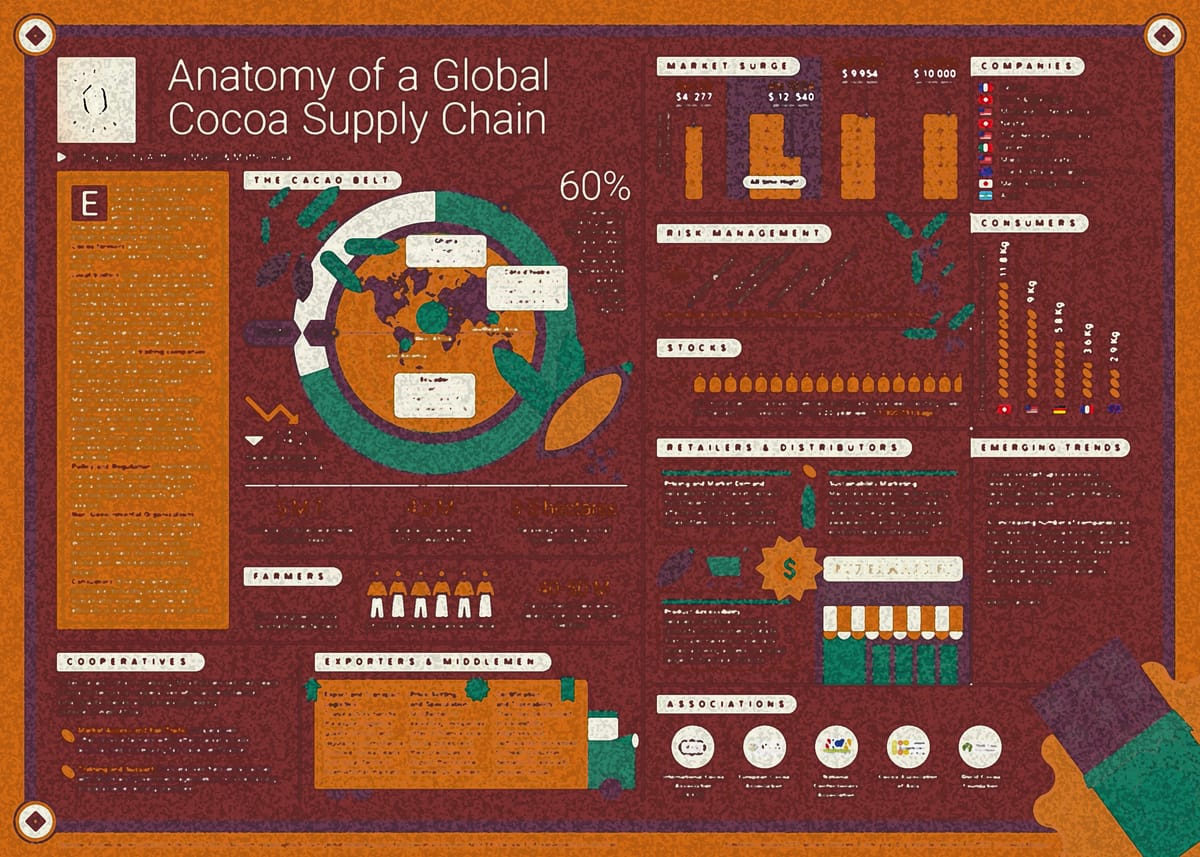
Tony's Open Chain
The statement also questions figures released in Tony's Open Chain Impact report 2023-2024 (pp34) published before the publication of the new Fairtrade price standard, which states that "the expected yield is set at 800 kg/ha, based on consultations conducted by Fairtrade with farmers in West Africa in 2018/19.
There is a discrepancy because the figures are not currently reflected in Tony's open-chain supply chain: average yields are around 580 kg/ha, with more appropriate aspirational yields of 620 kg/ha.
A spokesperson for Tony’s Chocolonely said: “The data points directly from our Tony's Open Chain Impact Report. The figures provide ample insight into the lived realities of cocoa farmers in the TOC supply chain. We’d be happy to share more details about our stance on living income in the near future.”
Realities on the ground
The two platforms' statement also criticizes Fairtrade for not mentioning the name(s) of the producer representative entities that were consulted, neither in Ghana nor Cote d'Ivoire.
“It is for these reasons that we urge Fairtrade officials, who, despite numerous frameworks and opportunities for discussion, have not consulted any of our platforms in the course of their work, to first suspend this new price reference.
“Then, to open a framework for broader dialogue with a view to taking into account the realities on the ground in the calculations of their reference price.
“It is unacceptable for Fairtrade to claim to be a champion of improving producers' incomes while simultaneously acting in contradiction to this commitment. To be credible, the actions of all stakeholders must match their words.”
Fairtrade International's response
In response to the statement, Fairtrade International issued a statement to cocoaradar.com: "Fairtrade International acknowledges the recent statement by the Ivorian Platform for Sustainable Cocoa (PICD) and the Ghana Civil Society Cocoa Platform (GCCP) regarding the recently updated Living Income Reference Prices for cocoa in Cote d’Ivoire and Ghana. We appreciate their engagement and remain committed to achieving a living income for cocoa farmers. In doing so we would like to underscore the following."
1. Extensive farmer consultation Farmers were involved at every stage of the process:
- Roundtable workshops on data and target values (4 workshops across both countries)
- Feedback on proposed prices (43 coops in Cote d’Ivoire, 8 unions in Ghana)
- Final validation by a national committee with producer, government, and research representation
- We also held two bilateral meetings with both platforms after publication to explain the model and address concerns.
2. Dialogue is the right forum
"We recognise that some elements - such as productivity assumptions - are open to discussion. That’s why we are hosting a dedicated stakeholder dialogue on 23 May 2025 in Brussels, with both platforms participating."
3. Ongoing commitment to transparency
"Fairtrade remains committed to a transparent, inclusive, and data-based approach. We welcome constructive engagement and look forward to working together to improve our methodology in service of a living income for all cocoa farmers."
Voice Network's response to LIRP
The LIRP was criticized by the Voice Network earlier this year when the cocoa watchdog said they "don’t go far enough" and “do not reflect the right of cocoa farmers to earn a Living Income”.
- Cocoa prices will be discussed during a virtual lunch with the editor on Wednesday 21 May. Register below.
